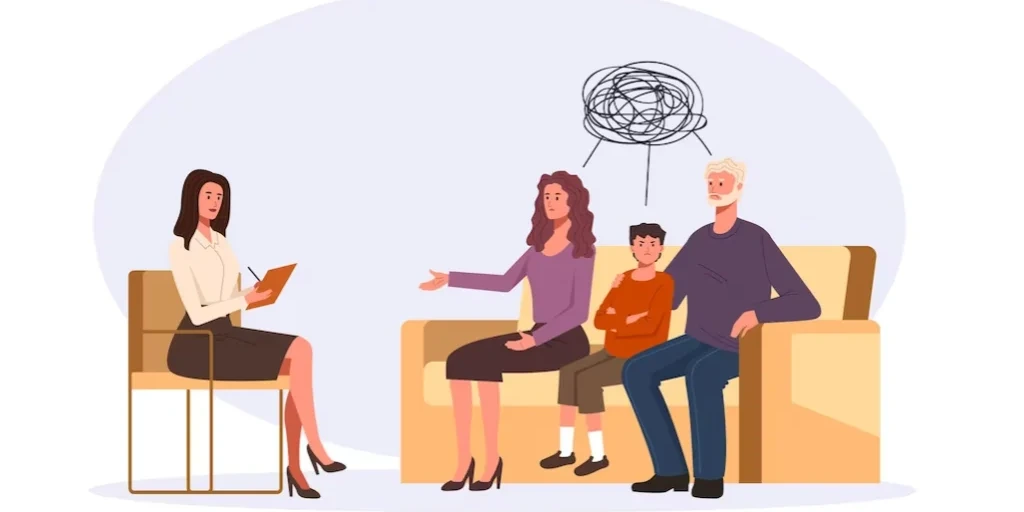24/7 Helpline:
(866) 899-221924/7 Helpline:
(866) 899-2219
Learn more about Depression Treatment centers in Fayette County

Other Insurance Options

Medical Mutual of Ohio

Aetna

GEHA

United Health Care

BlueCross

AllWell

MHNNet Behavioral Health

Sliding scale payment assistance

Sutter

Magellan Health

Health Partners

Amerigroup

BHS | Behavioral Health Systems
Beacon

EmblemHealth

Optima

Cigna

Private insurance

MVP Healthcare

Choice Care Network

Georgia Addiction Treatment Center
Georgia Addiction Treatment Center (GATC) is a CARF-accredited drug and alcohol rehab located in Pea...

Grace Harbour
Grace Harbour is an outpatient mental health clinic that serves individuals from all ages in a holis...

Turning Point New Directions
Turning Point New Directions is a counseling clinic located in Tyrone, GA. Turning Point New Directi...

The Insight Program
The Insight Program is a private rehab located in Tyrone, Georgia. The Insight Program specializes i...

Pyramid Healthcare – Pine Ridge Manor Halfway House for Men
Pyramid Healthcare - Pine Ridge Manor Halfway House for Men is located in Tyrone, Pennsylvania. Pyra...




































































